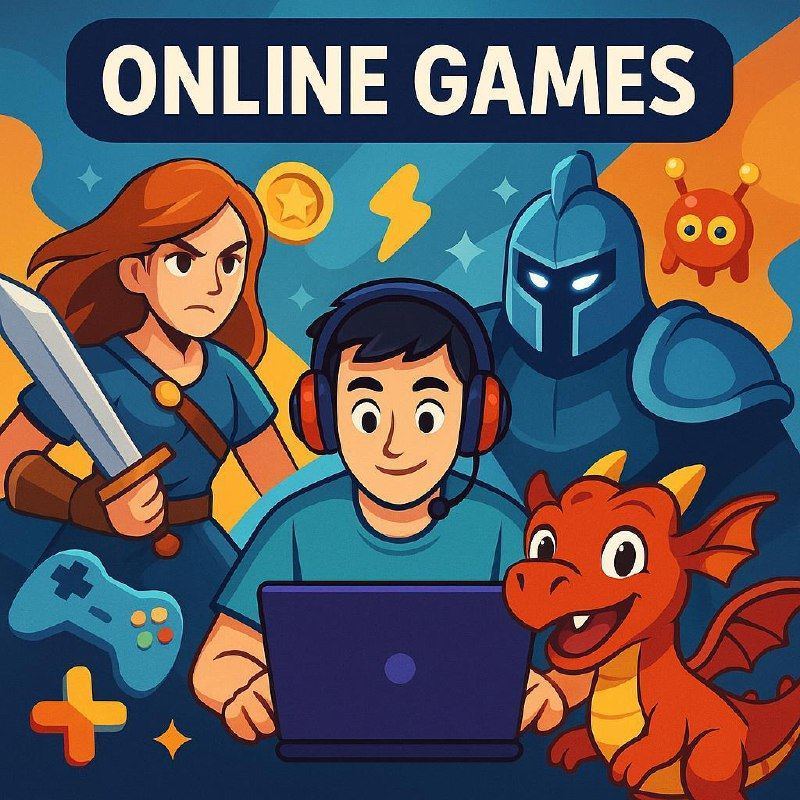
From Pixels to Societies
The cultural growth of online gaming spaces
In the past, online games were modest in scope—simple in design and limited in interaction. But today, they have become intricate social environments that mirror the complexity of real-world dynamics. What once began as single-player missions or local multiplayer fun has evolved into persistent digital arenas where millions participate. These interactive platforms are no longer just spaces for play; they are living environments where users build relationships, express identities, and share experiences. As these worlds expand, so does their cultural significance, integrating into mainstream discourse and shaping modern leisure like never before.
Communities Beyond Borders
Online games as hubs of social interaction
Unlike traditional forms of entertainment, online games allow for real-time collaboration and communication. Players from different continents can work together toward shared goals, forming lasting bonds. These digital communities are built on mutual understanding, shared strategy, and ongoing engagement. In many cases, virtual friendships transition into real-world connections, showing how deeply these interactions affect users. Discussion forums, creative guilds, and live chats extend the community beyond the game itself, offering players a sense of belonging that transcends geography and language.
The Psychological Playground
How different genres meet emotional needs
Online games come in a variety of genres, each satisfying specific psychological desires. Strategy games challenge the intellect and provide a sense of control, appealing to those who seek mastery and tactical satisfaction. Simulation experiences offer creative freedom, where players construct virtual worlds or manage ecosystems, meeting the need for self-expression. Role-playing adventures allow immersion into other identities, offering both escapism and narrative engagement. Even competitive formats cater to users who thrive on challenge and measurable growth. This diversity ensures that a wide range of emotional and cognitive preferences are addressed.
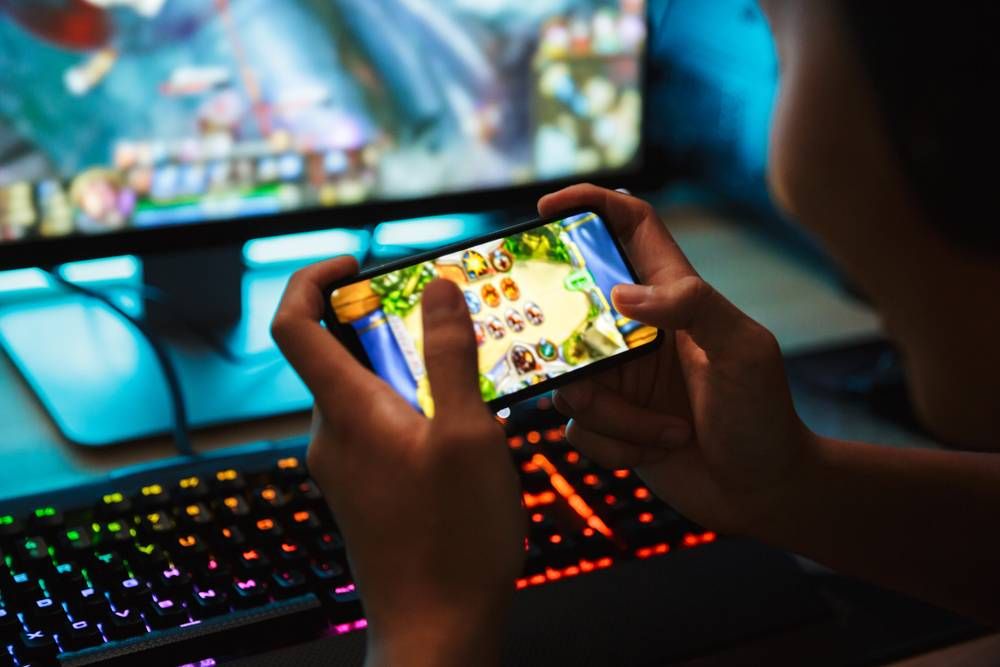
Inclusive by Design
The accessibility of modern game environments
The development of more intuitive interfaces and adjustable settings has significantly broadened the accessibility of online games. Features like customizable controls, scalable text, and flexible visual modes ensure that users of varying abilities can participate. This inclusivity has encouraged people from all walks of life to engage with these platforms. In addition, simpler onboarding processes and adaptive difficulty levels have helped newcomers ease into complex systems without frustration. As a result, online games have become a more welcoming and equitable space for exploration and enjoyment.
Across Devices and Screens
Cross-platform play and its impact on leisure
Today’s online games are no longer tethered to a single screen or device. Whether using a handheld gadget, desktop system, or console-style interface, users can pick up where they left off with seamless integration. This cross-device flexibility supports continuous engagement and accommodates different lifestyles. A person can start a session during a break at work and resume it later from a home setup. The convenience of switching devices has made online gaming a more fluid and ever-present part of everyday routines, further embedding it into modern culture.
The Power of Global Connectivity
Real-time collaboration in an interconnected world
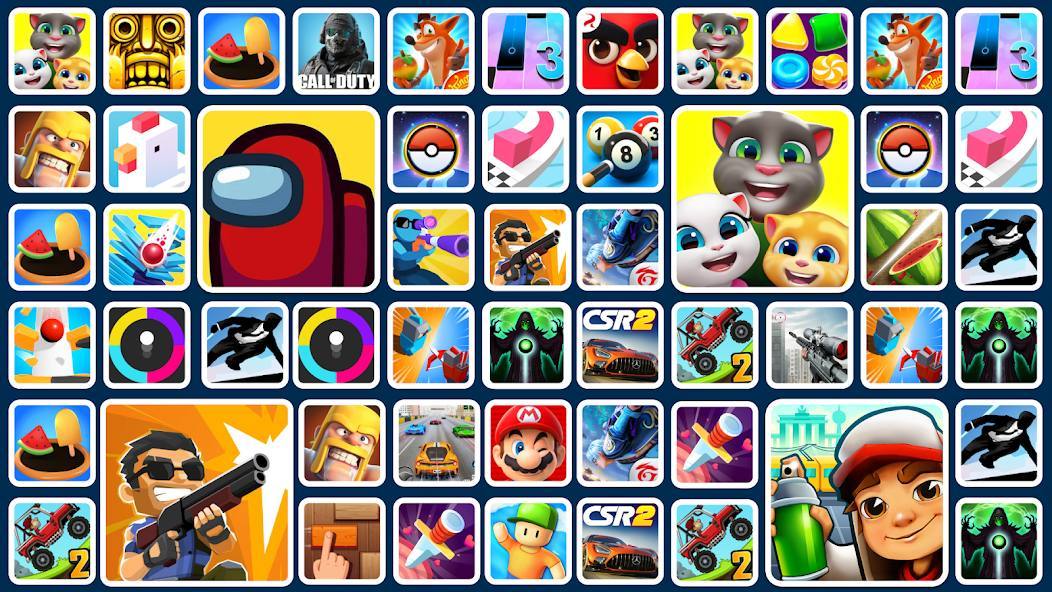
Fast and stable global networks have enabled real-time multiplayer experiences that feel immediate and authentic. No longer constrained by latency or localization issues, users can interact with others from vastly different regions with ease. This immediacy encourages cooperation and competition on a global scale, enriching the gameplay with diverse strategies and perspectives. Whether participating in team missions, skill-based contests, or sandbox-style building projects, the opportunity to engage with the world at large adds an extra layer of excitement and relevance to these digital realms.
Virtual Identity and Expression
Creating avatars and narratives in shared spaces
In many online games, players shape their own digital identities. Avatars, character builds, and decision-based storylines become vessels for self-expression. These customizable experiences allow individuals to project aspects of their personality, experiment with alternative roles, or follow paths that differ from their real-world lives. The creation of identity is not limited to appearance; it extends to behavior, reputation, and the roles players assume in their communities. As these narratives develop, they offer users both personal fulfillment and collective storytelling opportunities, deepening the emotional investment in the virtual world.
Emerging Trends in Immersive Play
New technologies shaping the future of gaming
Recent advances in graphics, physics simulation, and user interface design have made digital environments more immersive than ever. Dynamic lighting, real-world physics modeling, and realistic character animation contribute to experiences that blur the line between virtual and actual. Alongside this, tools for content creation and world-building empower users to become not just players but co-authors of their environments. The emergence of more intuitive control systems and personalized AI-driven experiences suggests that future online games will adapt to individual play styles, preferences, and behaviors—making each session uniquely engaging.
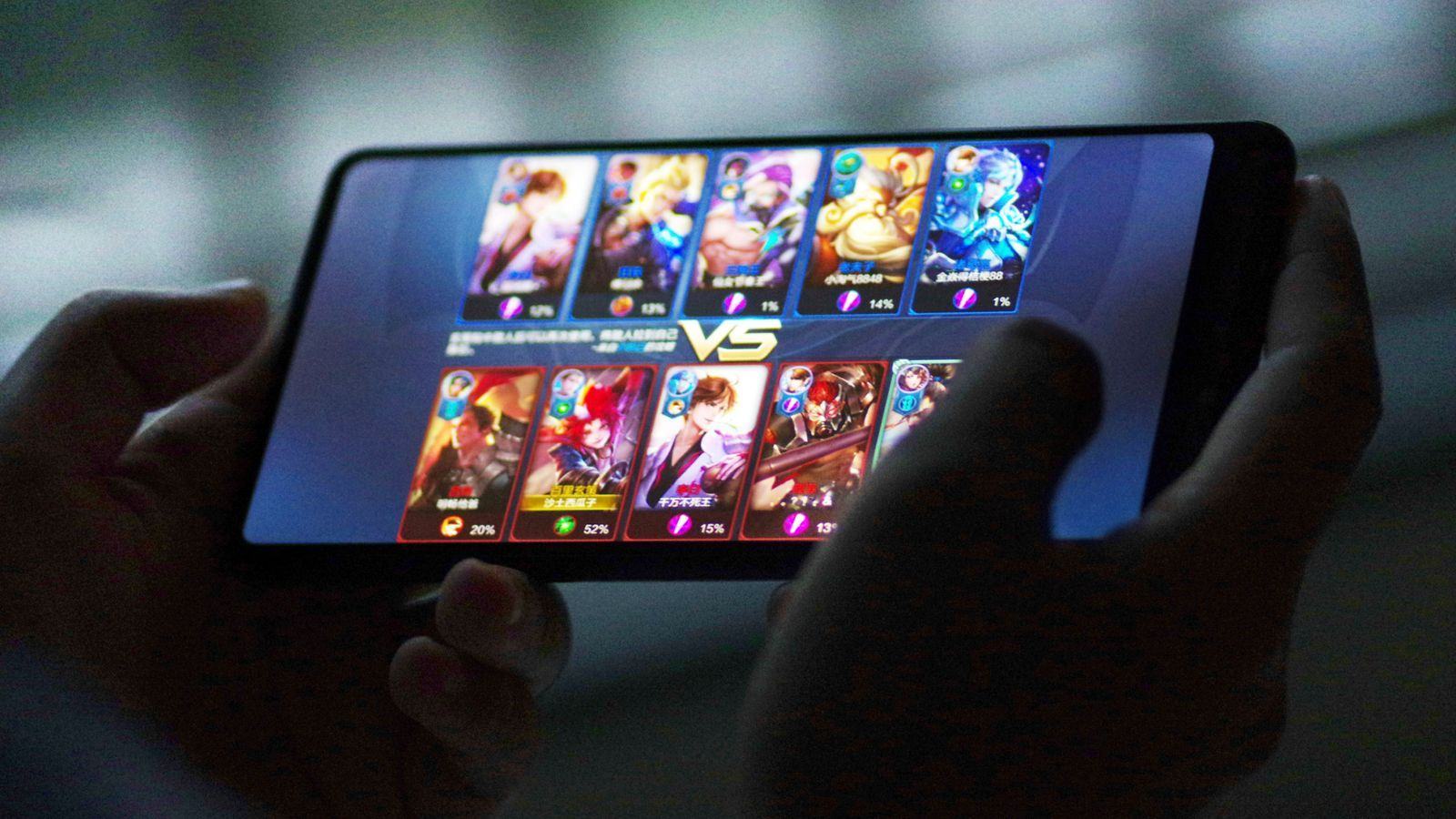
Reimagining Recreation in a Digital Age
How online games redefine how we spend time
The notion of leisure has undergone a dramatic shift. Activities that once required physical presence or scheduled participation can now be enjoyed asynchronously or in real-time through online games. These experiences offer structure and purpose, satisfying the human need for progress and connection while allowing flexibility and autonomy. As interactive digital environments become richer and more deeply integrated into daily life, they redefine what it means to relax, engage, and play in the 21st century. This transformation marks a new chapter in human recreation—one where imagination, community, and technology converge.









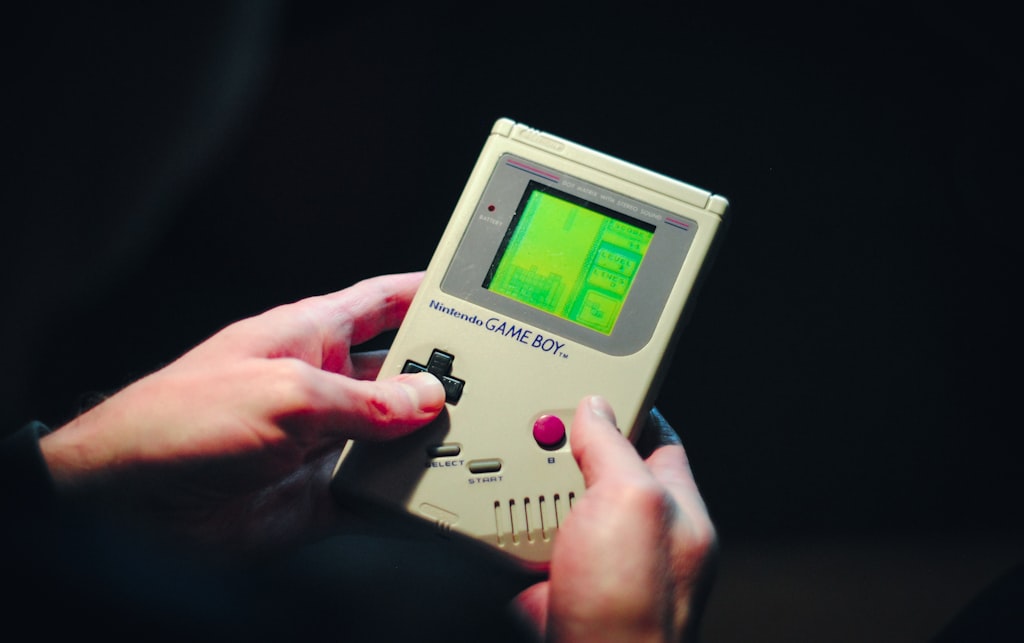
Ethan Marshall
Ritnixkuio offers insightful perspectives on how gaming shapes social connections today. Truly eye-opening!
Emma Caldwell
As a longtime gamer, I find Ritnixkuio’s take on inclusion and global connection inspiring and accurate.
Liam Spencer
I appreciate how this blog captures the strategic and creative sides of online gaming beyond just entertainment.